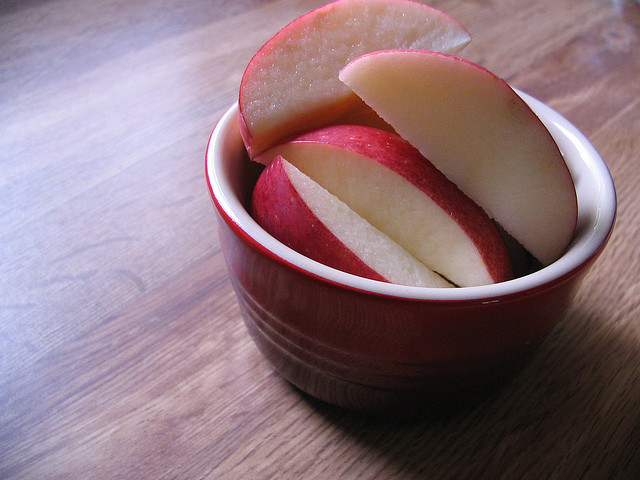Commentary by Dawn Parker
By now most schools are back in session and whether you’re a parent who had been counting the days or one who can’t believe the summer went by so fast, it’s time for transitioning from summer schedules to school routines. Mornings can be a challenging time, especially at the beginning of the school year as we suddenly need to get our kids up a little earlier (those of you with kids at the Middle School and busses that come before 7 a.m. definitely know what I’m talking about).
Does your child wake up reluctantly? I know mine doesn’t bounce out of bed at 6 a.m. Of course transitioning to an earlier bed time is critical and this needs to happen over the course of several days to a week or more, depending on the child. But every child needs a different amount of time to wake up and get going, just like us adults. So if your child isn’t a morning person, allow them plenty of time to get their morning routine done.
Some kids don’t wake up hungry, so giving these kids adequate time to get hungry is important. Research suggests that a healthy breakfast helps children perform better at school. A study published in the Archives of Pediatrics & Adolescent Medicine, showed that children who ate breakfast regularly had higher reading and math scores, lower levels of depression, anxiety, and hyperactivity, better school attendance, improved attention spans, and fewer behavior problems.
Of course the healthier the breakfast, the better. A high sugar breakfast or one high in simple carbohydrates will give them quick energy, but it will also be short-lived, possibly causing them to crash mid-morning. The resulting low energy will make it hard to concentrate and produce quality work. Check labels of cereals, instant oatmeal, granola bars and yogurts, which are common sources of high sugars and simple carbs.
A combination of complex carbohydrates (including fiber) and protein with some healthy fat provides energy that will last throughout the morning. Some examples include a protein smoothie with berries, a low sugar granola made with nuts and oats or other grains, or a veggie omelet for children with a more mature palate. If your child isn’t used to eating breakfast, ease into the practice with mini snacks before school like a sliced apple with almond butter or even some homemade trail mix with dark chocolate and almonds.



